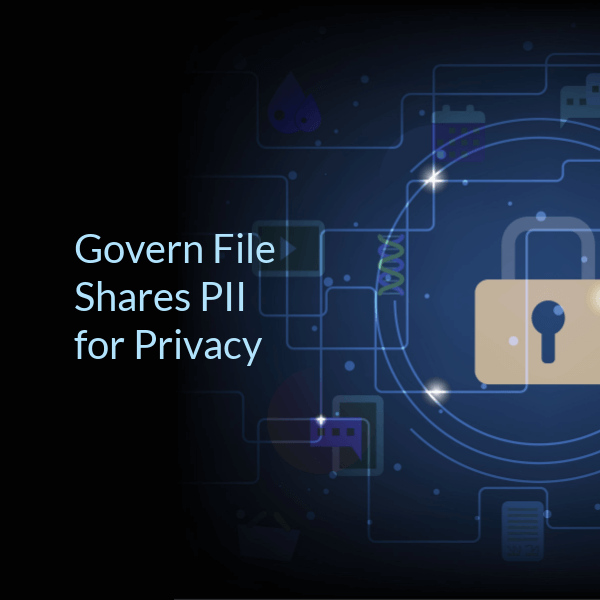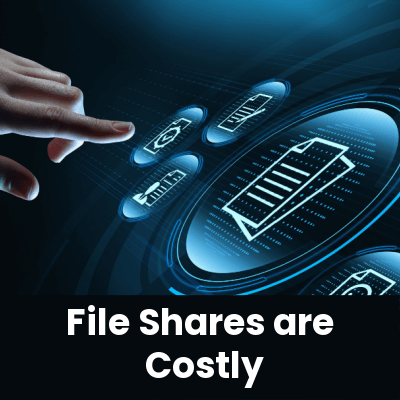With McKinsey & Company’s estimated additional economic output of $13 trillion by 2030, Artificial Intelligence (AI) is set to lead industries in the coming years. And since AI algorithms rely heavily on data to analyze, interpret, derive insights, and then generate more data, managing this exponential growth in data effectively is a pivotal concern. This is where effective records and information management (RIM) comes into play.
Records and information management lays the groundwork for handling the inflow of data by maintaining accuracy, accessibility, and governance. Clear RIM regulations for data preservation, protection, and defensible deletion ensure that only high-quality data is fed into AI systems, improving their performance, and delivering more accurate insights.
Here’s how.
Data Governance and Compliance
As organizations seek to prioritize data governance and compliance in the era of GDPR and CCPA regulations, records management plays a crucial role in establishing clear guidelines for data collection, usage, storage, and defensible deletion. Adhering to records management practices ensures ethical data handling, and user trust, and minimizes legal risks associated with AI-powered insights. In essence, expanding records management principles to the entirety of enterprise data, rather than only traditional business records, enables data to be properly classified, managed, disposed of, and used for AI when appropriate.
Unlocking AI's Full Potential
AI's power lies in identifying patterns, trends, and correlations in vast datasets. Effective records management can ensure data is tagged and discoverable as needed for AI. Properly managed records enable AI algorithms to extract valuable insights and drive informed decision-making.
Security
AI's expertise in deriving insights from data is matched by growing concerns about data breaches. By classifying sensitive data, effective records management strengthens security by preventing AI technologies from accessing that data and lowering the likelihood of sensitive business data being exposed.
All In-Place
Organizations today are using separate software solutions to address the above-mentioned issues. However, ZL Tech’s Records Manager caters to data governance, compliance, analytics, and privacy needs all in one place. It is a tool that enables users to manage their data’s lifecycle from inception to defensible deletion.
To learn more about defensible deletion, read our blog Defensible Deletion: A Cure for Hoarding
Final Words
AI is transforming industries but the need for effective records management for data accuracy, governance, and ethical usage is undeniable. Proactive strategies uniting AI and records and information management can drive innovation and sustainable growth. Reach out to our experts to learn more about RIM.



